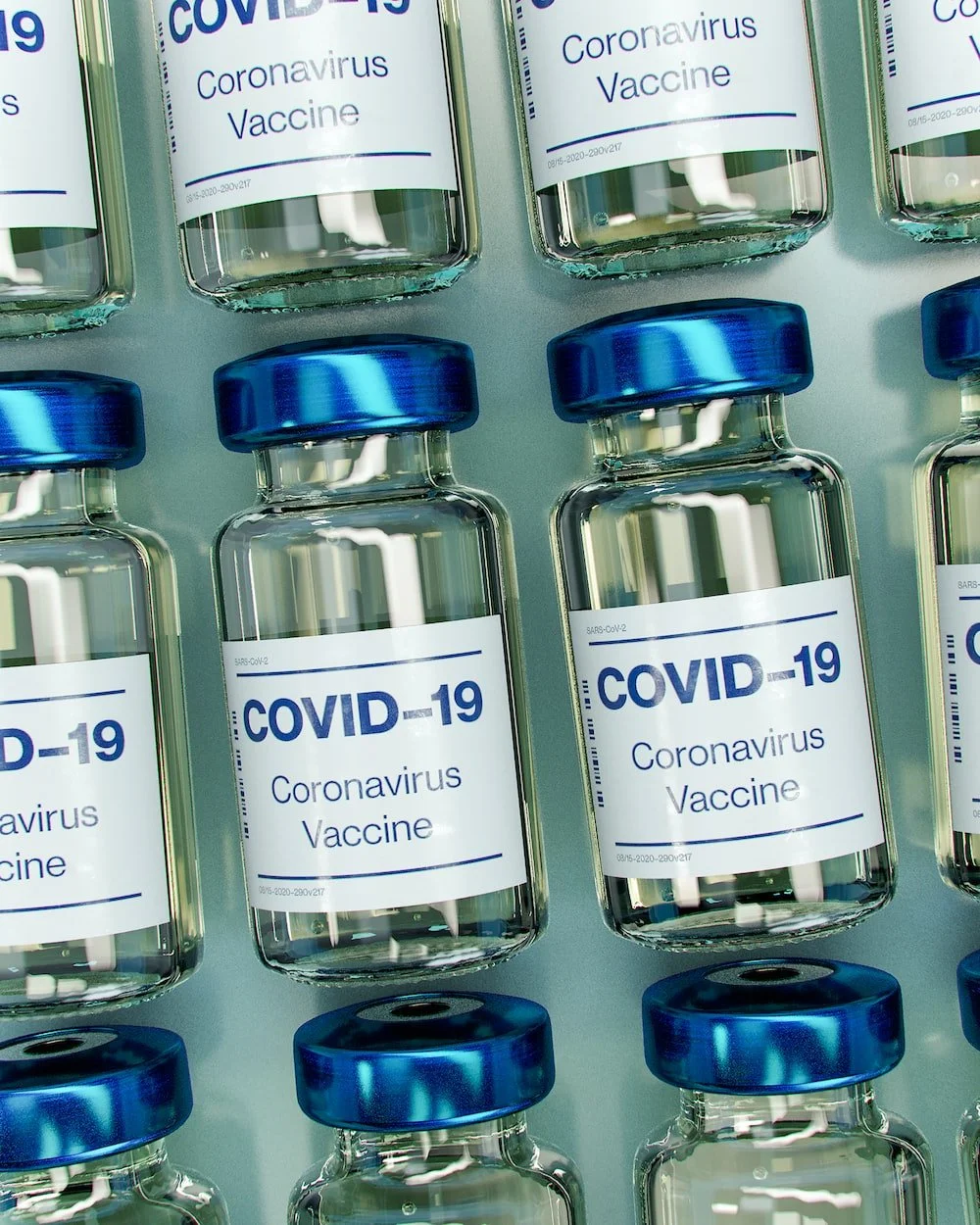Medicare Coverage for COVID-19 Booster Shots: What You Need to Know
With the summer travel season, clients have been reaching out to our team regarding Medicare’s coverage on COVID-19 booster. Medicare has adapted its coverage to include COVID-19 testing, treatments, and preventive measures like vaccines. In this comprehensive guide, we'll explore the details of Medicare coverage for COVID-19 booster shots, ensuring you have all the information you need to make informed decisions about your healthcare.
1. Understanding Medicare Coverage for COVID-19 Vaccines
Medicare covers the primary series of COVID-19 vaccines approved by the FDA. Currently, four vaccines are available in the United States: Pfizer, Moderna, Johnson & Johnson (Janssen), and Novavax. The Pfizer and Moderna vaccines have received full FDA approval, while the Johnson & Johnson and Novavax vaccines have emergency use authorization.
The primary series typically consists of two doses for Pfizer, Moderna, and Novavax vaccines, administered three to four weeks apart. The Johnson & Johnson vaccine requires a single dose. Medicare covers the costs of both the vaccine itself and its administration, with no out-of-pocket expenses for beneficiaries.
2. Additional Doses for Immunocompromised Individuals
Some individuals with compromised immune systems may require additional doses to achieve an adequate immune response. Medicare covers the cost of an extra dose within 28 days for Pfizer and Moderna vaccines as part of the primary series. For those who received the Johnson & Johnson vaccine, a second dose may be administered at least four weeks after the initial shot.
It's important to note that the CDC recommends using the same vaccine for additional doses as the one used in the primary series. However, in certain circumstances, a different vaccine may be administered. Medicare covers the costs of these additional doses for immunocompromised individuals.
3. Medicare Coverage for COVID-19 Booster Shots
In response to evolving guidelines, Medicare now covers COVID-19 booster shots for eligible individuals. The CDC initially recommended booster shots for Pfizer and Moderna vaccines five months after completing the primary series, and two months after the Johnson & Johnson vaccine.
However, the CDC's latest guidance suggests receiving a booster shot two months after completing the primary series for all vaccines, including Novavax. An updated booster shot is now available, offering enhanced protection against emerging variants. Beneficiaries who previously received a booster shot can receive the updated booster two months after their last dose, while others will receive a single updated booster dose.
4. Number of Vaccine Doses Covered by Medicare
The number of vaccine doses covered by Medicare varies depending on individual circumstances and the specific vaccine received. The following summarizes the COVID-19 vaccine doses covered by Medicare for adults aged 18 and older:
Pfizer or Moderna (not immunocompromised): 2 doses in the primary series, 1-2 booster shots
Pfizer or Moderna (immunocompromised): 3 doses in the primary series, 1-2 booster shots
Johnson & Johnson (not immunocompromised): 1 dose in the primary series, 1-2 booster shots
Johnson & Johnson (immunocompromised): 2 doses in the primary series, 1-2 booster shots
Novavax: 2 doses in the primary series, 1-2 booster shots
Please note that the number of booster shots may vary based on individual health conditions and evolving CDC guidelines. It's essential to stay updated on the latest recommendations and consult with healthcare professionals for personalized guidance.
5. Post-Public Health Emergency Coverage
Medicare beneficiaries will continue to receive free COVID-19 vaccines even after the Public Health Emergency (PHE) ends on May 11, 2023. Whether enrolled in Original Medicare or a Medicare Advantage plan, beneficiaries will not incur any out-of-pocket expenses for COVID-19 vaccines approved under emergency use authorization. As long as the FDA grants emergency use authorization, Medicare will cover these vaccines.
It's important to note that coverage for COVID-19 vaccines may evolve based on changing regulations and recommendations. While vaccines remain accessible and free, it's advisable to stay informed about any updates to Medicare coverage.
6. National and Local Vaccine Resources
To find information about COVID-19 vaccines, consult the official CDC website. It provides comprehensive details on vaccine efficacy, safety, and availability.
To locate a COVID-19 vaccine appointment in your area, visit www.vaccinefinder.org. This resource helps you find vaccination sites and schedule appointments based on your location.
Additionally, each state may have its specific resources for vaccine information and appointment scheduling. For example, in New York State, you can call the New York State COVID vaccination hotline at 1-833-NYS-4VAX or visit health.ny.gov for eligibility checks and vaccination site information. In New York City, you can call 1-877-VAX-4NYC or visit the NYC COVID-19 Vaccine Finder at vaccinefinder.nyc.gov for appointment scheduling and site details.
7. Consult with Healthcare Professionals
When making decisions about COVID-19 vaccines and booster shots, consult with healthcare professionals who have access to the latest information and guidelines. They can provide personalized advice based on your medical history, current health status, and eligibility criteria. Stay informed, stay protected, and contribute to the collective effort to overcome the COVID-19 pandemic.


